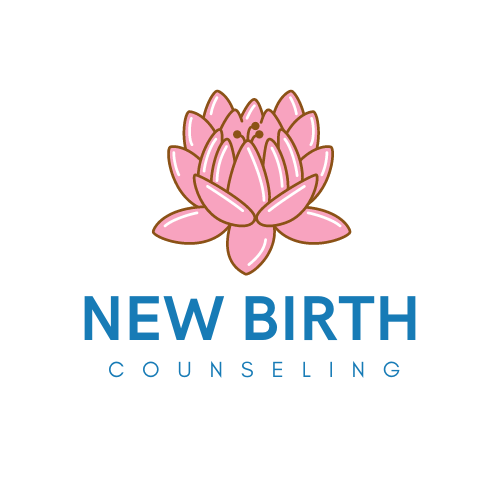Navigating PTSD in Intimate Relationships: Understanding, Supporting, and Healing Together
Introduction: In the intricate dance of intimate relationships, one partner's struggle with PTSD (Post-Traumatic Stress Disorder) can cast a shadow over both individuals. Understanding, supporting, and healing together becomes paramount in such circumstances. In this blog, we'll delve into the complexities of PTSD in intimate relationships, explore ways to support a partner dealing with it, and discuss the importance of seeking professional help. Additionally, we'll spotlight how new birth family counseling can offer unique avenues for healing and growth.
Understanding PTSD: PTSD isn't just a mental health issue; it's a shared experience that affects both partners deeply. From reliving traumatic events to battling intrusive thoughts, understanding the symptoms and triggers of PTSD is crucial. These can manifest in various ways, impacting communication, trust, and intimacy within the relationship.
Impact on Intimate Relationships: Communication breakdowns, trust issues, and challenges with intimacy are common manifestations of PTSD in intimate relationships. The constant fear and hypervigilance can strain even the strongest bonds, leading to misunderstandings and conflicts. Recognizing these dynamics is the first step towards fostering empathy and support.
Supporting Your Partner: Empathy, patience, and education form the cornerstone of supporting a partner with PTSD. Creating a safe environment where open communication is encouraged can help alleviate some of the burdens. Additionally, encouraging professional help and therapy is essential for long-term healing and growth as a couple.
Healing Together: Healing from PTSD requires a joint effort from both partners. Through teamwork, couples can navigate the challenges, develop coping strategies, and rebuild trust and intimacy. Seeking couples therapy can provide a structured environment to address underlying issues and foster deeper connections.
Practical Tips for Couples: Effective communication, setting boundaries, and prioritizing self-care are practical strategies for couples navigating PTSD. Finding moments of joy and connection amidst the struggles can strengthen the bond between partners and provide much-needed respite.
New Birth Family Counseling: New birth family counseling offers a unique approach to healing for couples grappling with PTSD. By delving into family dynamics and ancestral trauma, this form of therapy can uncover root causes of PTSD and facilitate healing on a profound level. By acknowledging and processing intergenerational trauma, couples can break free from destructive patterns and forge healthier, more resilient relationships.
Seeking Professional Help: While supporting each other is vital, seeking professional help is equally important. Therapists specializing in PTSD can provide tailored interventions and support for both individuals and couples. New birth family counseling, in particular, offers a holistic approach to healing, addressing not only personal trauma but also familial and ancestral wounds.
Conclusion: PTSD in intimate relationships is a complex issue that requires understanding, support, and commitment from both partners. By fostering empathy, seeking professional help, and exploring innovative therapies like new birth family counseling, couples can embark on a journey of healing and growth together. Remember, healing is possible, and with the right support, couples can emerge stronger and more connected than ever before. https://www.newbirthfamilycounseling.com
